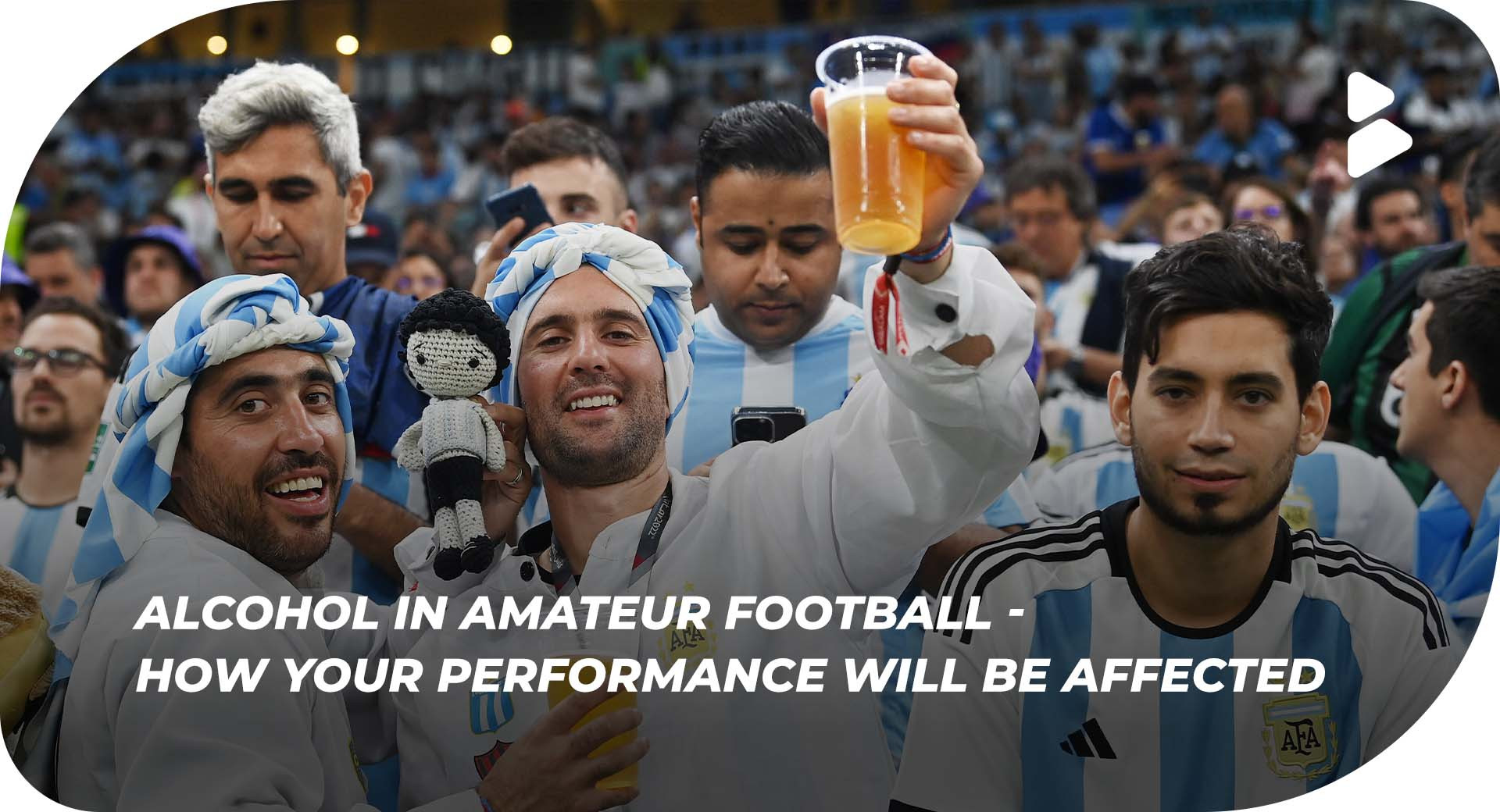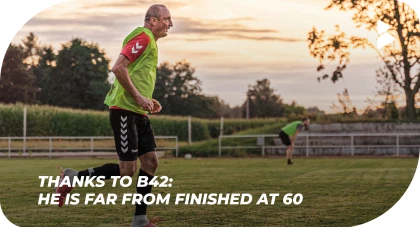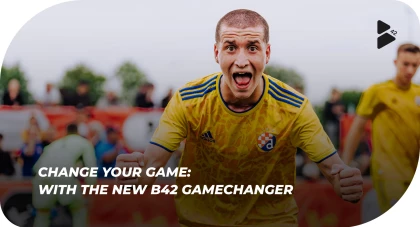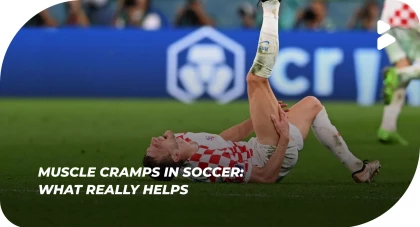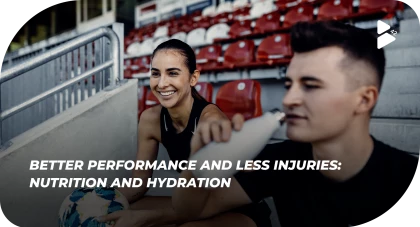Of course, every player knows that alcohol negatively affects his performance, but only a few actually keep their hands off it. I, too, am aware that the consumption of alcohol is firmly anchored in the everyday lives of almost all amateur soccer players.
For many, our sport and club life represent a central point of reference in their lives, and these social occasions are almost always associated with the consumption of alcoholic beverages.


